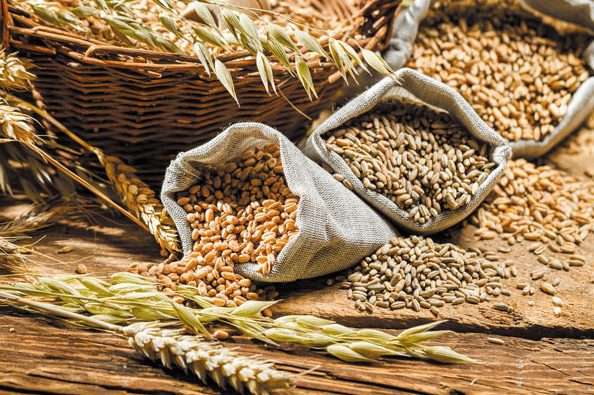Source: Prof Johan Willemse, SAPPO News March 2021, photo credit: Shalith/Thinkstock/Harvard University
Grain and oilseeds markets remain uncertain with record domestic prices, while debates on the credibility of the South Africa grain market and on the role of the JSE futures grain market continue among grain farmers.
Some large users of feed grain are also losing confidence in the credibility of Safex/JSE. It will be safe to say that as the debates and questions continue on the credibility of market information and trading of futures contracts, it is adding uncertainty and risk in the markets, while government continues to push for expropriation without compensation.
You must now have clear business goals and plans to support your goals and not to lose focus.
Pork producers should take note of the debates on the functioning of the grain market, as the forming of domestic prices has a direct effect on the cost and eventually the profitability of the business. It will also add uncertainty to the procurement of feed grains.
What are the debates about?
The background is that Safex/JSE is a public company that operates to make profits for its shareholders and the grain derivative trading (Safex) is part of the JSE services.
In the debates it was again confirmed that the agricultural derivatives platform provided by the Safex/JSE is to provide a platform for price discovery and efficient price risk management for the grains market in South and southern Africa. Trading on this exchange connects buyers and sellers and provides transparent price discovery and all transactions are assured through the derivatives clearing structure.
The derivative markets (CBOT and Safex) are primarily markets to do price discovery and to do price risk management. It was not designed to act as a market delivery system. In the USA the CBOT actively discourage delivery on derivative contracts and a very small portion of contracts end in delivery. However, in South Africa it developed as a market delivery system with about 25% of the crop ending in delivery! This is why transport costs have become entrenched in the Safex system and it is now seen as the basis for all grain trading.
This is wrong. The JSE transport differentials should only apply when a futures contract terminates with delivery. Grain farmers remain very unhappy about the transport differentials that get applied to all grain transactions and will continue to push against it, as it distorts regional markets and prices.
There are continuous complaints about future contracts that end in delivery, where the holder of the silo certificate can’t get stock timeously from the designated silo. There is thus the perception that not all Safex silo certificates are backed by maize in the silo and a number of buyers have struggled in the past.
The JSE acted last year and a small fine of R1,5 million was given to the relevant storage owner. This mismatch is apparently when the old season goes into the new season and there is not sufficient carry out stock available in the silos (before the new harvest). A group of farmers is lobbying for a national audit on Safex silo certificates versus the actual maize in silos.
This situation is currently again prevailing. Grain users struggle to get maize (before the new crop gets harvested), while official stock numbers indicate there should be sufficient stock! Adding to this, the view of some is that the current maize price on Safex does not reflect the current reality that it is very difficult to procure physical maize.
In the meantime, current Safex price reflects export price, but with no exports and no stocks available. The argument is further that the current Safex maize price should reflect the current short stock position.
So there is a debate about the accuracy of stock numbers and a group of maize farmers is of the opinion that the credibility of market information and the market price forming system is up for questioning. The debates carry on, while there is a group that want to establish a cash-trading platform for producers and buyers for the new grain-harvesting season.
The South African Pork Producers’ Organisation (SAPPO) coordinates industry interventions and collaboratively manages risks in the value chain to enable the sustainability and profitability of pork producers in South Africa.
















